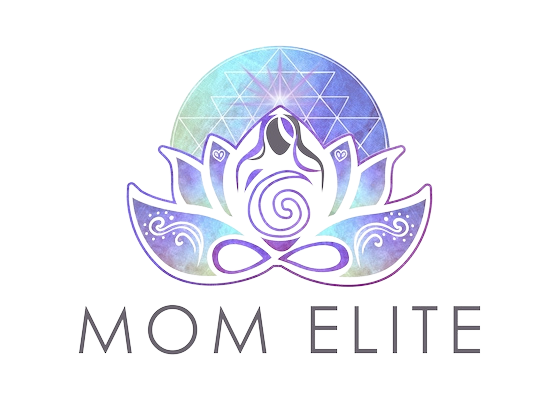
Understanding your skin type and using the correct products to make your skin happy is crucial for offsetting sun damage. If you aren’t too savvy about skincare, here are three things to know about skin protection so that you can keep your skin safe in the sun.
1. The Right Sunscreen
If you have fair skin, you’ll want to lean on high-SPF sunscreens to keep it from burning while you’re outside. Some people think that if they wear a tinted moisturizer with sunscreen, this is enough to avoid sun damage. While any sunscreen helps, the amount in moisturizer is minimal, and it is diluted with other ingredients.
How quickly you tan or burn from sun exposure is a critical factor to keep in mind when identifying your skin type. You can always wear sunscreen with bronzer for an additional layer of protection and a sun-kissed glow if you want a tanned look but burn easily.
Makeup that is oil- or lotion-based is more likely to lock in exposure from the sun. For added UV protection, stick to powders and mineral-based foundations for a protective layer.
If your skin is darker or you don’t typically burn that easily, you should consider spray sunscreens, as these are lighter on the skin but still provide ample coverage from the sun. If you have oily skin, using sprays may be a better option than lotion-based sunscreens, as these typically contain more oils that can clog your pores.
If you fall somewhere in the middle, you can also get away with spray sunscreens, as long as they have enough UV coverage to prevent sunburn. For the nooks and crannies of the skin, adding in some polarized sunglasses is recommended as well. The right shades will keep the sun away from the delicate skin around your eyes.
2. Identifying Your Skin Type
Some of us need tips for dry skin or oily skin, and some of us need tips for “combination skin,” or skin that is both dry and oily. If you aren’t sure from experience what your skin type is, there are tons of quizzes online that can help you out. Log on to any beauty or makeup site you like, and you’re bound to find quizzes that can help you make sense of your skin.

3. Involving Your Skincare Routine
Your skincare routine also impacts how well you protect yourself from the sun. For example, if you apply retinol creams in the evening, you want to make sure you thoroughly wash off any remaining cream in the morning, as retinol is associated with a higher risk of sunburn.
The biggest reason these creams are recommended for nighttime use is because of this risk. If you enjoy using body oil in the shower, apply powder before and after using it to avoid attracting more sunlight to your skin.
After you’ve spent time in the sun, you want to make sure you’re applying recovery ointments that will help your skin calm down and lock in any moisture that was lost in the sun. Stick to natural face masks containing soothing ingredients like oatmeal, mint, and charcoal to revitalize your skin.
If you use any over-the-counter products to control acne, be sure to apply moisturizer after spending time in the sun. Salicylic acid and benzoyl peroxide, two common ingredients in over-the-counter acne medications, can dry out the skin.
The Bottom Line
Identifying your skin type and balancing protective skincare with makeup and your general skincare routine are two critical steps to avoid sun damage. Consider the specifics in this article to keep your skin safe while you enjoy the sunshine!



